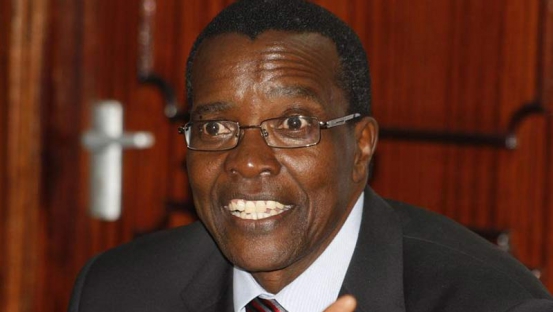×
The Standard e-Paper
Home To Bold Columnists

The use of technology cannot be lowered to just a vehicle which has no significance in the authenticity of the final vote, the Supreme Court ruled.
The majority judges found that the application of technology in the electoral process was meant to reassure Kenyans that the final result was not manipulated.